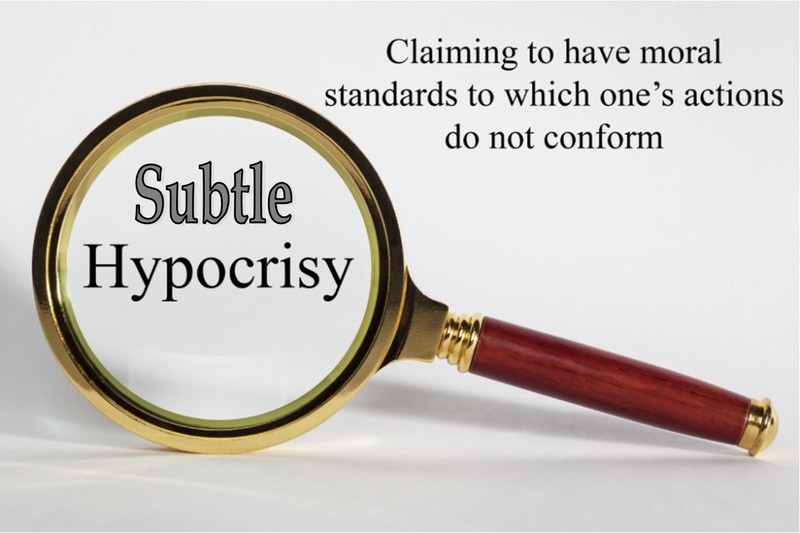
1. Who is being confronted? (Verse 11) “When Cephas came to Antioch, I opposed him to his face, because he stood condemned.”
A. Paul publicly confronted Peter concerning how he acted at the Antioch potluck.
2. What is the basis of the conflict? (Verse 12) “For before certain men came from James, he used to eat with the Gentiles. But when they arrived, he began to draw back and separate himself from the Gentiles because he was afraid of those who belonged to the circumcision group.”
A. Certain “individuals from James” were Judaizers. By Peter’s example the Gentiles could not help but draw the conclusion that the Law was necessary unto salvation.
3. The result of Peter’s compromise. (Verse 13) “The other Jews joined him in his hypocrisy, so that by their hypocrisy even Barnabas was led astray.”
A. Peter no longer kept a strict observance of the Law of Moses himself, but by his actions, he implied that Gentile believers must keep the law. Our personal compromises always affect others. Think of the pressure to cause Barnabas to side with the Jews.
4. This resulted in gospel confusion. (Verse 14) “When I saw that they were not acting in line with the truth of the gospel, I said to Cephas in front of them all, “You are a Jew, yet you live like a Gentile and not like a Jew. How is it, then, that you force Gentiles to follow Jewish customs?”
A. They were denying by their actions the truth of the gospel. Why we need to share the gospel by word and deeds.
5. Lessons learned in this confrontation. (Verse 6:1) “Brothers and sisters, if someone is caught in a sin, you who live by the Spirit should restore that person gently.”
A. Confrontation is biblical.
B. Confrontation has a process. C.
Confrontation done right is beneficial.
